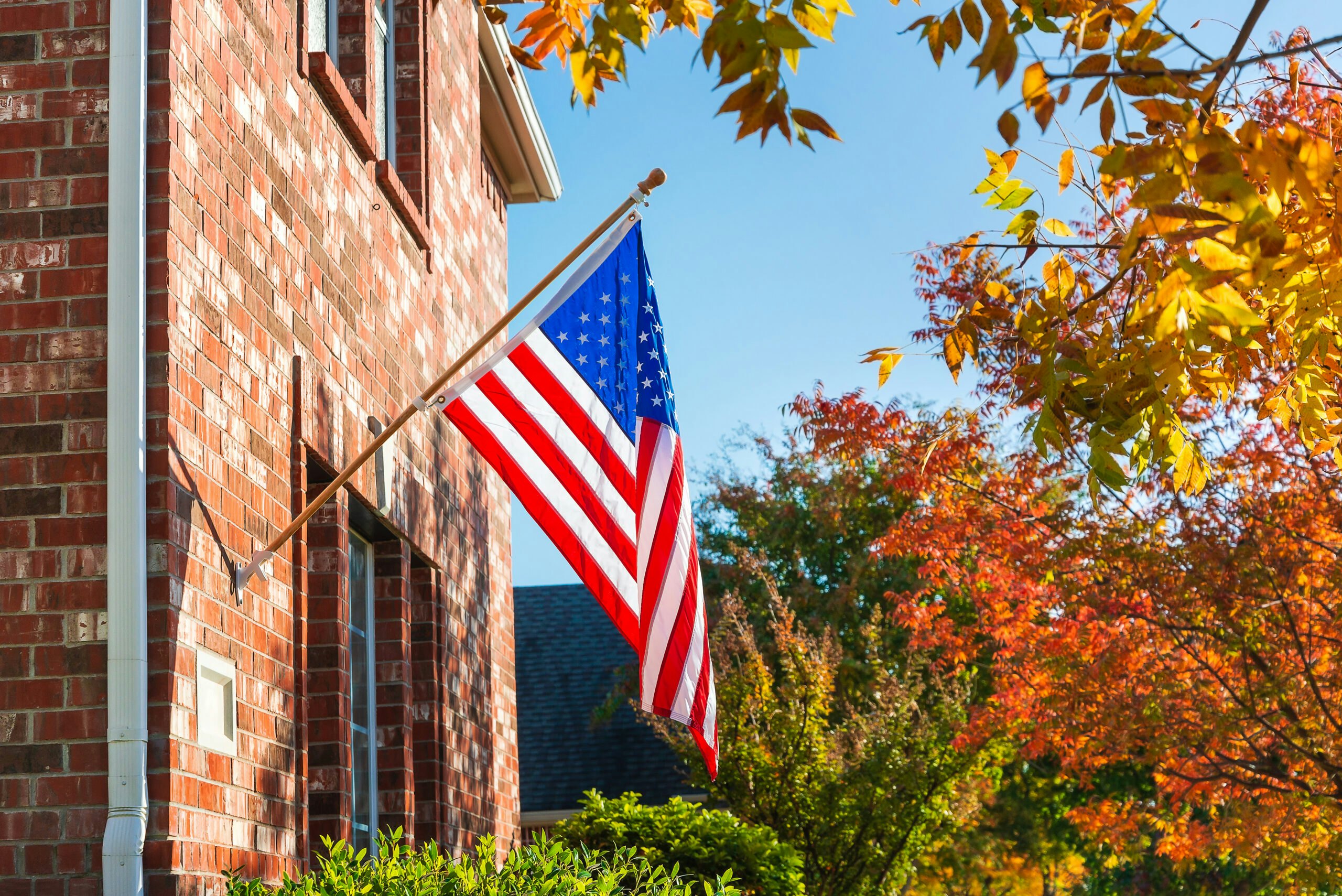Thanksgiving, for much of my life, was the most selfish time of year.
I was born on Thanksgiving Day about 30 miles from Plymouth Rock. My extended family didn’t enjoy the annual feast that year in anticipation of the new baby. How could they? Something very special was happening – I was being born!
Like the Grinch’s heart growing three sizes on Christmas, though, I’ve come to recognize Thanksgiving not as celebration of me, but as the quintessential American holiday of gratitude.
While the spirit of the day has come into better focus with age, the “wiser” adult I’ve become still struggles (often) with selfishness. That’s why Thanksgiving’s annual ritual of showing gratitude matters so much. It reminds us of and enshrines the importance of being grateful, which is central to the endurance of American democracy.
Too often, we lack grace in forgiving the selfishness of others. Simultaneously, we fail to recognize how natural selfishness is to our human nature and how easily we indulge in it. It can feel downright good! In fact, there was a time in our evolution when looking out for “number 1” or your immediate tribal circle was a matter of literal survival.
That truth of human nature – the instinctual ability to prioritize self-love above others – makes the idea of Thanksgiving miraculous. Despite those darker impulses, Americans nationwide gather with family and friends – some of whom we only see once a year and others we don’t particularly like – and choose to share a banquet together.
Many have various traditions they observe for the occasion. Some eat the same foods every year prepared a certain way, others travel to a specific destination, some run in the annual turkey trot, and others go around the table to share things for which they’re grateful.
These rituals infuse Thanksgiving with even greater meaning and emotional value. And as Michael Norton, Professor of Business Administration at Harvard and author of The Ritual Effect, notes, “in a very practical way, rituals can help us through events that otherwise might be very stressful… they really help us coordinate. And coordination can be very, very important for us to not have things go off the rails.”
Consider how that Thanksgiving miracle of coming together despite our innate flaws and differences translates to the American experience. The United States is a country of 330 million people from myriad backgrounds, different religions, mixed cultures, varying socioeconomic statuses, and opposing political ideologies. Yet we live together in relative peace; that’s amazing.
And that peace isn’t imposed upon us by a monarch, dictator, or threat of violence. In fact, our leaders are accountable to “we the people.” Like the Thanksgiving feast, we choose to participate. We believe in and pursue the ideals of liberty, justice, opportunity, and equality that make such an existence possible. As the American Enterprise Institute’s Yuval Levin puts so well: we don’t think alike, but we act together.
In doing so, we participate in civic rituals that imbue our democracy with special meaning and help us better coordinate contentious decision-making. To name a few: voting in elections, attending a town council meeting, writing a congressional representative, or marching in a protest. And if we fail to appreciate these things that preserve our social peace, we risk taking them for granted and letting them slip away.
None of this suggests that any American is living “happily ever after,” free of hardship. They’re not, and they won’t. Our world is one of perpetually flawed human nature. Vices – like envy, avarice, rage, and a host of others – will find their way into our lives, either inflicted upon us or by us. We will struggle in varying ways and to different degrees.
Admirably, though, we fight these vices in the pursuit of virtues like charity, kindness, and humility. When we exercise those virtues, it’s a display of gratitude – a way of showing we can be better than our worst instincts.
The American Founders wisely enshrined the reality of this struggle between human vice and virtue in our Constitution. Look no further than the preamble’s opening line, “We the people of the United States, in order to form a more perfect union…”
The Founders didn’t say a “perfect” union, but a “more perfect” union because perfection (which can mean different things to different people) is unreachable in this life. Instead, the preamble is action-oriented, making clear that the United States is a perpetual process that is striving toward ideals like justice, tranquility, security, and liberty. It will fall short, perhaps often, but it will never stop trying.
All that demands a sense of gratitude for the goodness of American democracy. It’s that appreciation which allows us to passionately fight for the things we believe in, without resorting to violence against strangers or neighbors who oppose us.
Yes, it’s a difficult charge – especially when we focus on all that’s grim and wrong with the world – but most worthwhile things are rarely easy. They require persistence, intentionality, hard work, and patience. It helps when we find ways – whether through holidays or civic rituals – to remind ourselves of why we should be grateful.
































